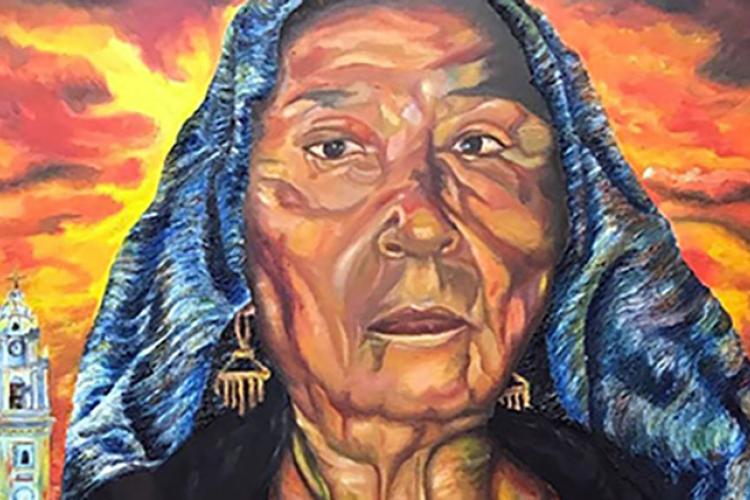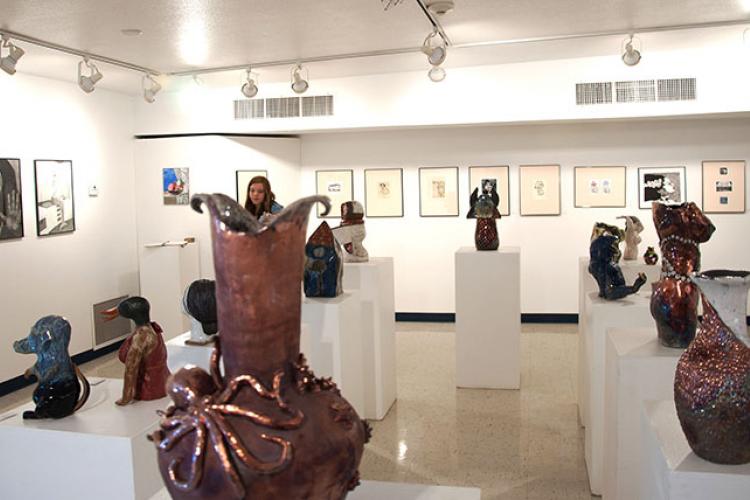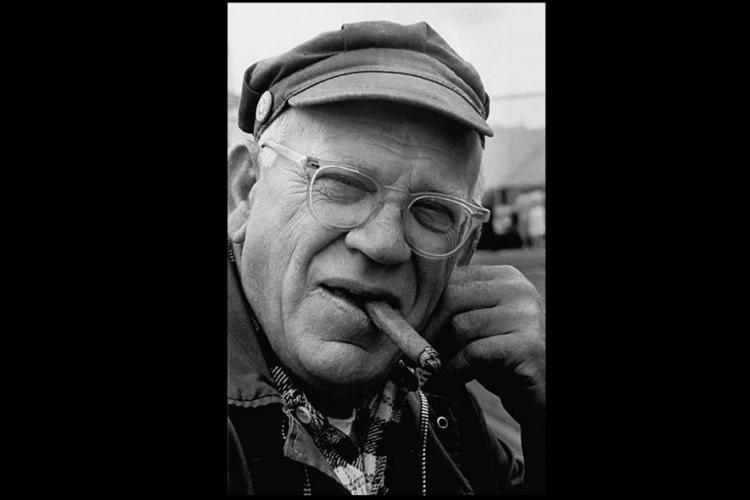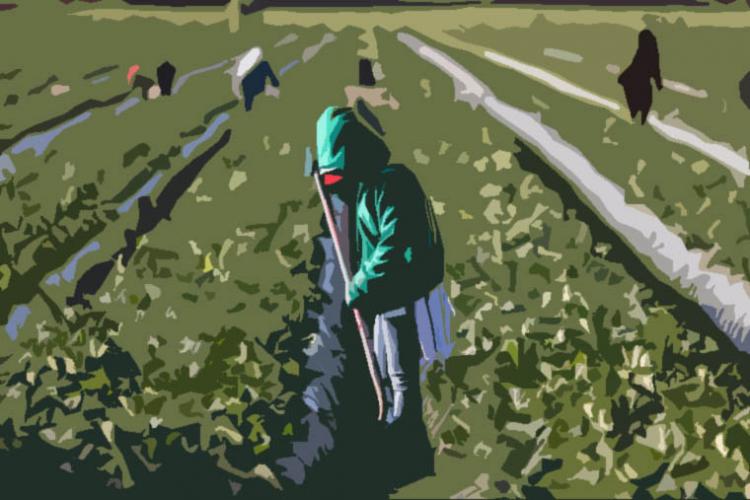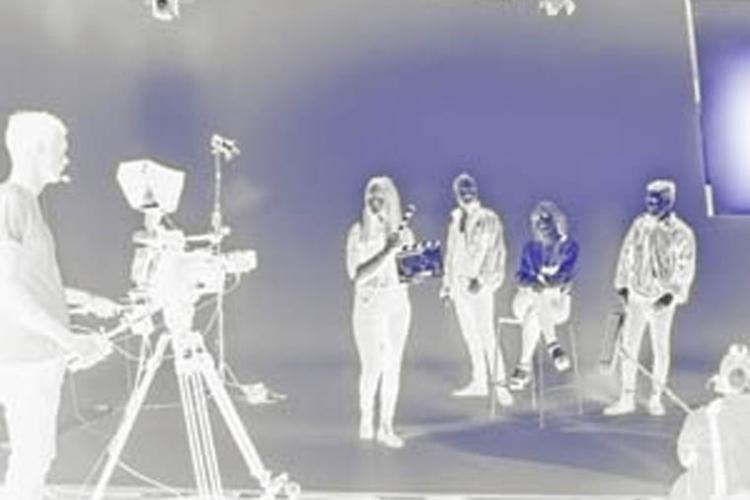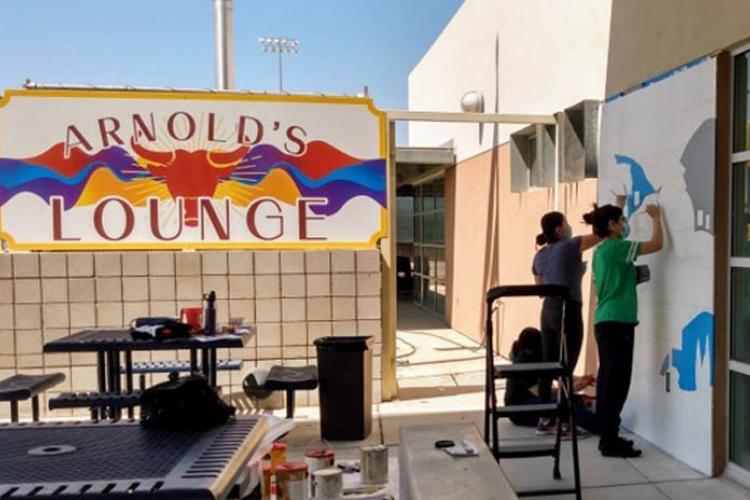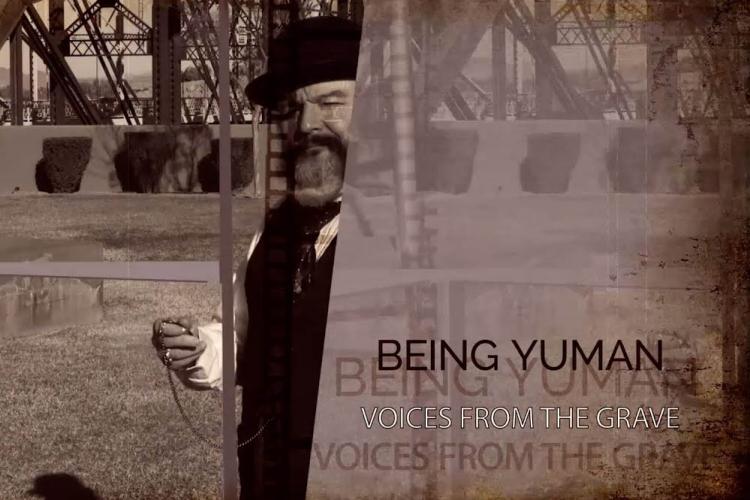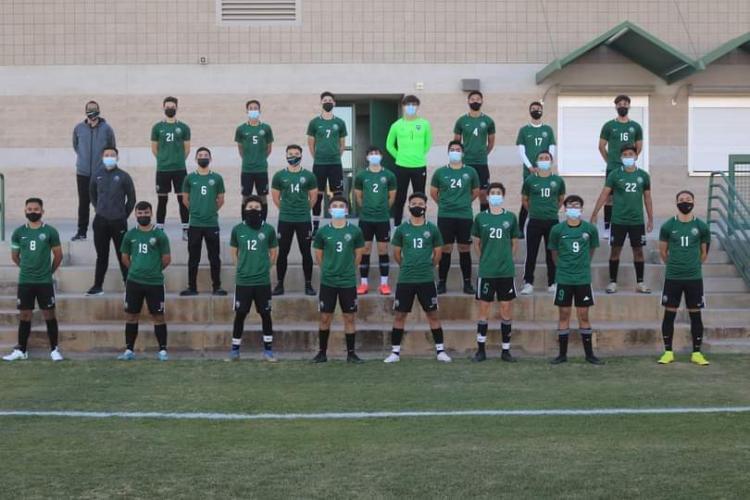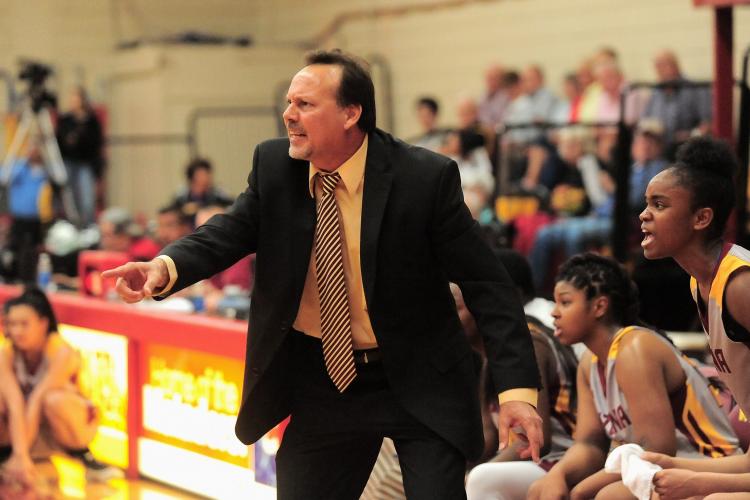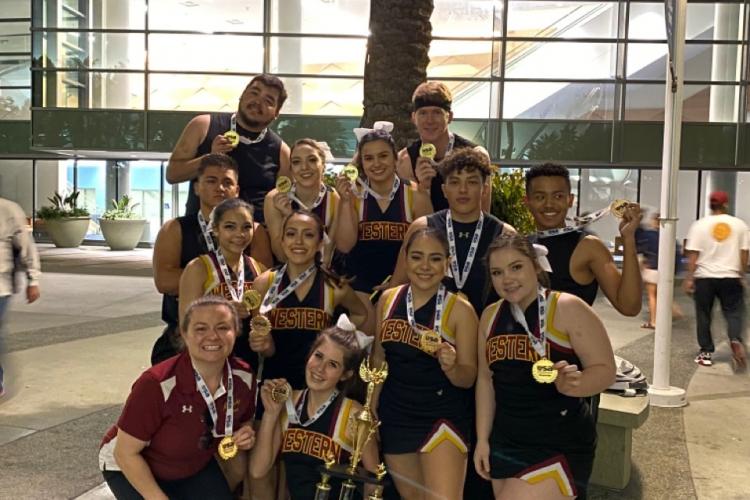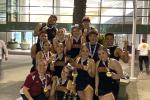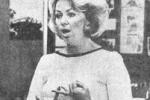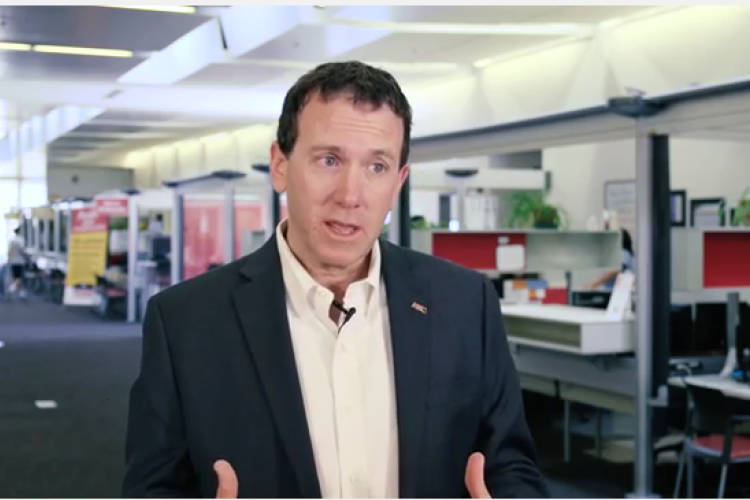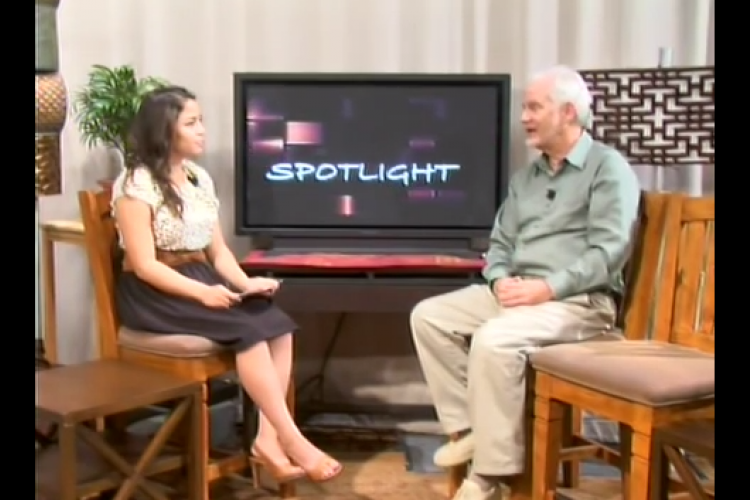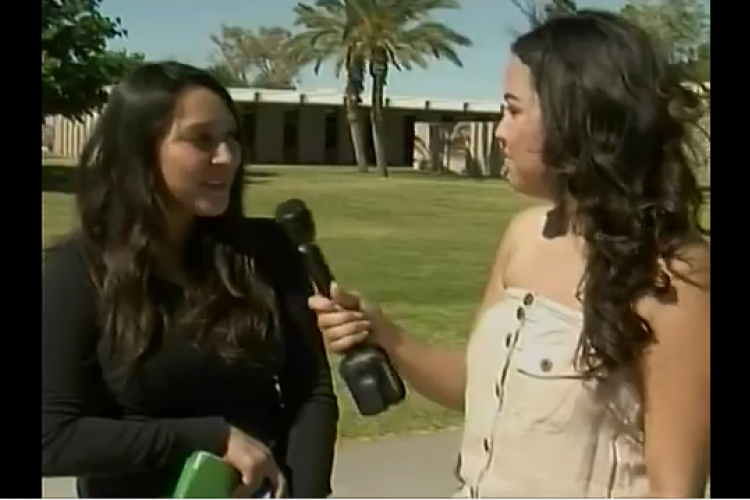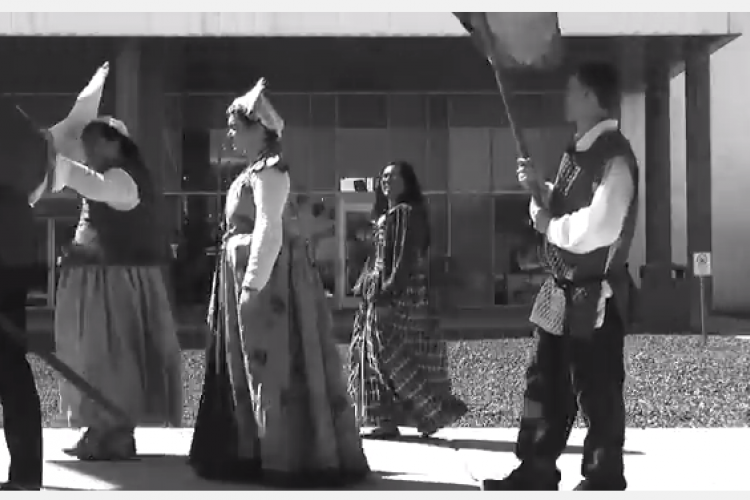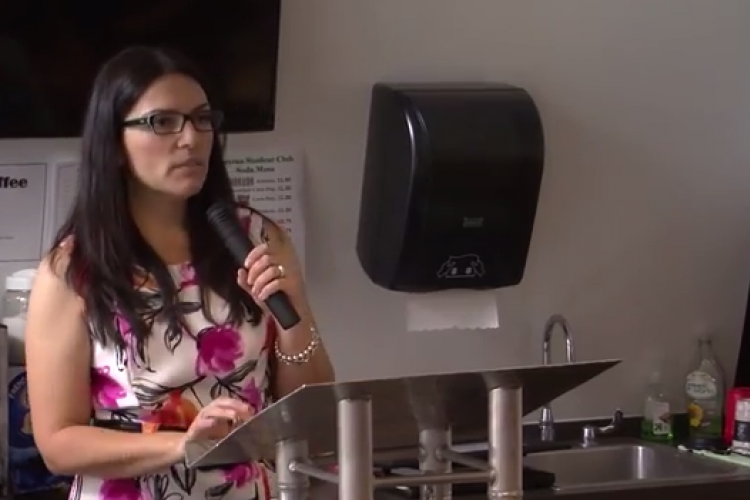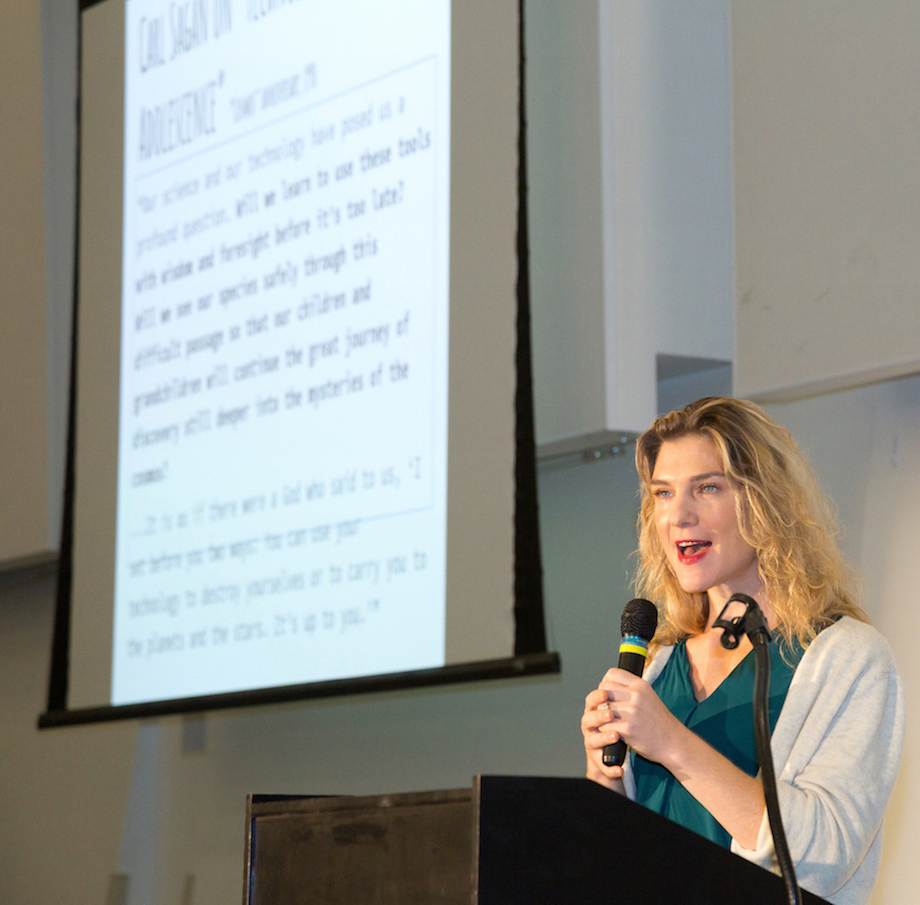
Education is important for youths, but why are so many in Yuma struggling in this field? Tardiness and low grades have led Arizona to become one of the worst-educated states in the U.S. Solutions to this problem are scarce, but Anya Kamenetz and a few others had some of their own to offer at the Horizon Symposium at Arizona Western College in November.
Begun in May of 2017, this event brings together those interested in improving education. Since the last symposium, AWC already has made graduation and finances much easier to acquire on campus while making sure students are enjoying their campus experience by adding cell-phone chargers. These changes were all made possible thanks to the motivations of its host, Kamenetz
Journalist, author and local speaker, Kamenetz is interested in the future of education. She has been recognized for her work, including “The Game Changer in Education,” published in the Huffington Post in 2010. She has won awards from the Education Writers Association in 2009, 2010 and 2015, and the Edward R. Murrow award for innovation from the Radio Television Digital News Association in 2017. Best of all, she uses her skills, experience and notoriety to speak to students and communities across the country.
“The event is a half-day, TED Talk-style interactive event where college staff will work with community members to imagine a thriving, sustaining future for higher education in the region,” said Lori Stofft, vice president of Advancement at AWC. “When the initial symposium was held two years ago, nearly 480 people participated in the event from the Yuma, Parker and San Luis campuses.”
Held in the Schoening Conference Center, the event housed hundreds of community members – supporters, college staff and students. Kamenetz and other members of the Strategic Planning team talked about how they are impacting students in their education and their campus experience. They discussed how they are making services such as financial aid more accessible to students and how they are opening new groups to students, such as a cooking class and even an e-sports club.
“AWC has made improvements in integrating AWC sports on a national level, including e-sports,” explains Mandi Soulliard, professor of Information Technology Services & Support. “I’m really excited about this because it shows how AWC is trying to help students – gamers especially – feel integrated with the rest of the campus life, and to no longer feel outcasted for their hobbies.”
After Kamenetz and the Strategic Planning team took the stage to explain how they planned to help AWC improve both on an education and personal level, they gave guests an opportunity to develop a work plan of their own. Guests at each table were given instruction sheets and laptops to try and come up with their own plans for the community, which were then emailed to AWC.
“I think doing this is important as it helps identify factors that help the student be successful, and so we can hear different opinions on how we can tackle these issues in our community,” said Lydia Blackthunder, a representative of Arizona@Work, an organization that helps people look at labor markets and find employment. “It’s good that we try and address these issues as a group and come up with ways to solve them so that students can be more successful.”
That success is definitely showing on the Horizon.

